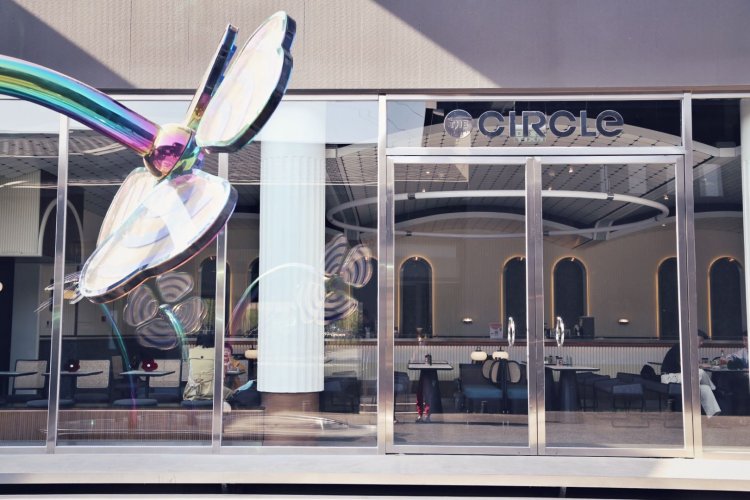Fake News: China Currently Awash With Stories of Bogus Food, Fans, and Cash
Fake food, fake clicks, and fake cash. It seems that China is currently awash with news of forgeries more than usual this week, so we thought we'd take a closer look at the foul play dominating online chatter.
Beijing cracks down on fake food producers
Consumables in Beijing look to become a bit safer following a huge wipeout of counterfeit producers in the city. According to a government announcement, over 160 dodgy enterprises have met with the wrath of the Beijing Market Oversight Bureau this year. The companies in question were apparently caught conducting illegal activities including the production of fake or inferior alcohol, adding banned or restricted substances to food or drink, and false advertising.
READ: The Prevalence, Indicators, and Dangers of Counterfeit Alcohol
Fake food products are nothing new in China and have previously encompassed everything from honey to eggs. E-commerce has unfortunately helped fuel the trend, providing a haven for such foul play and a murky, difficult-to-trace cover for wayward practices. For example, one report back in 2017 found that some wines sold online may not even contain grapes at all, and also highlighting the fact that disputes over food products make up over 70 percent of cases brought to China’s Internet Court.

Xinhua news reports that the crackdown of 2019 has so far uncovered everything from counterfeit water branding to traces of erectile dysfunction drugs in diabetes medication. It's likely that more illegal practices will be unearthed in the coming months as the bureau ups the intensity of their searches.
Celebrity beef reveals fake followers
Following a controversial post on Douban that questioned the true popularity of singer Jay Chou, things got a little out of hand this week as fans tried to demonstrate their loyalty on social media.

The post, which has since been deleted, suggested that Chou can hardly still be as relevant as people tend to think since he's not even listed on Weibo’s “Super Topics,” which tracks the site's most talked-about subjects. This kicked off a campaign by Chou's fans to prove that they are very much real and still dedicated to the pop star, launching his name to the very top of the Super Topics rankings.
Meanwhile, fans of Cai Xukun, the 21-year-old pop star who had previously held that number one position, became incensed that their idol could be dethroned by a 40-year-old musician who debuted his first album before the majority of them had been born. The resulting fallout then revealed that Chou’s online following may not be as real as he might have hoped – as it turns out, the campaign attracted a series of fake online-traffic generators trying to cash in on clicks. Cai’s fans might be tempted to say “I told you so,” but unfortunately they can't claim innocence either, as four individuals were arrested in July for using bot accounts to promote him.
The whole ordeal has instigated a fair amount of soul searching and conversations about just how widespread fake social media interaction really is and the impact it has on fans in the real world. The seemingly innocuous matter of a pissing contest between celebrities also has other ramifications given that many companies rely on said celebrity influencers to promote their brands. Therefore, influencers that artificially inflate their clicks are effectively defrauding their clients, who typically pay per click.
Fake money ain’t so funny
Finally, four Chinese companies were preparing to launch on the Shanghai stock exchange this week when one little detail got in the way: their books had been cooked with fake cash. An audit firm called Ruihua was behind the scandal, which may also involve the Bank of Beijing, and over 40 companies associated with the firm have been forced to stop fundraising and selling bonds. They might have gotten away with it too if these companies hadn't defaulted on loans that should have been easily payable if money were real. Ruihua had signed off on the books just before the defaults occurred, making it clear that the firm was responsible.
At least one arrest has already come out of the ordeal, and the fallout is expected to continue as the news threatens to undermine market confidence in an economy already plagued by an ongoing trade dispute with the US.
READ: Just How Civilized Are You? Government Surveys Beijingers to Expose 'Uncivilized' Behaviors
Images: Business Times, The Independent, Jqknews







